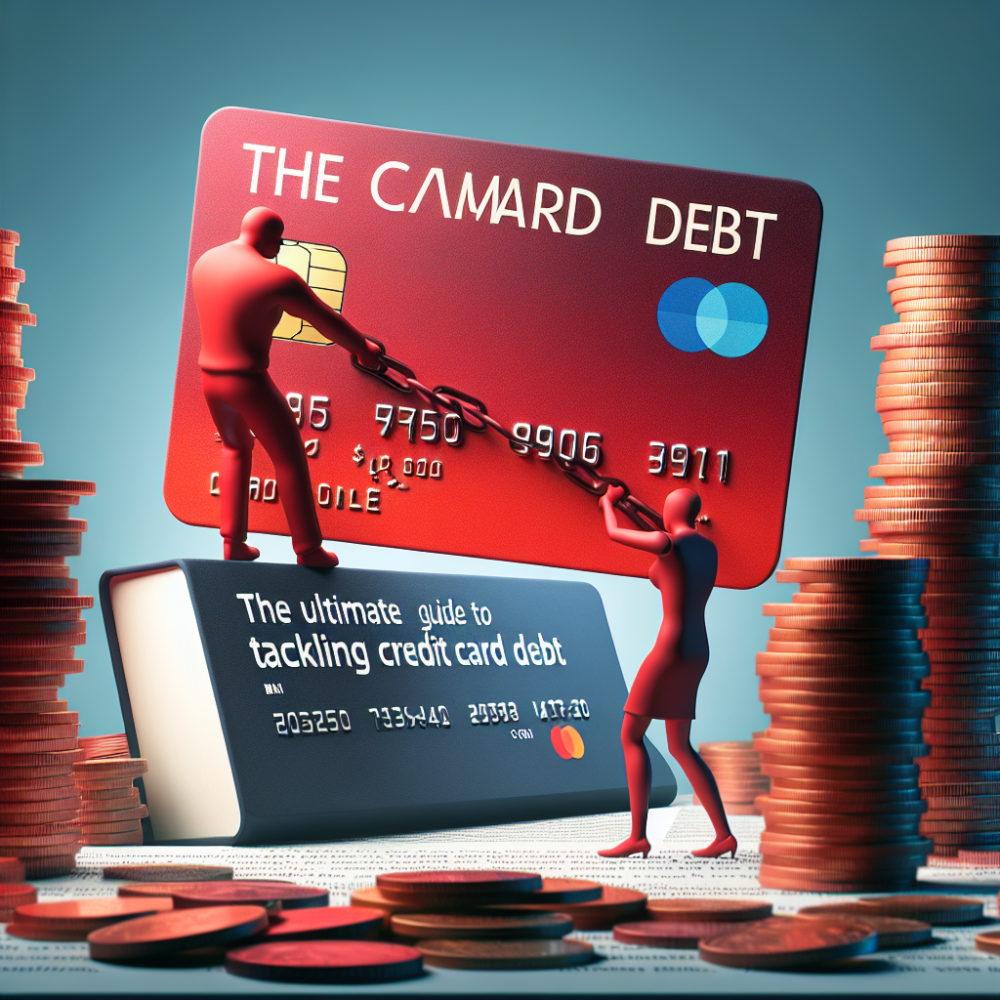The Ultimate Guide to Tackling Credit Card Debt

Posted on: Monday, March 4th, 2024
Credit card debt is a pressing financial issue for many individuals, stemming from high-interest rates and the ease of overspending. Successfully managing this type of debt requires a combination of strategic payment plans, understanding how interest works, and knowing when to seek professional advice. This guide will cover the top 10 methods to effectively reduce and eventually eliminate credit card debt. Our goal is to empower you with knowledge and tools to regain control of your financial health.
1. Budgeting: Begin with creating a comprehensive budget that tracks all your income and expenses. This will highlight areas where you can cut back expenses and allocate more funds towards paying off your credit card debt.
2. Snowball Method: Pay off your debts from smallest to largest. This strategy provides psychological wins that motivate you to keep going, as each debt is paid off one by one.
3. Avalanche Method: Alternatively, focus on paying off the debts with the highest interest rates first. This method can save you money over time by reducing the amount of interest you pay.
4. Balance Transfer Credit Cards: Transfer your credit card balance to a card with a 0% introductory APR offer. This can give you a window of opportunity to pay down your debt without accruing additional interest.
5. Debt Consolidation Loan: Consolidate multiple high-interest debts into a single loan with a lower interest rate. This can simplify your payments and potentially save you money on interest.
6. Speak with Creditors: Reach out to your creditors to negotiate lower interest rates or payment plans. Many creditors are willing to work with consumers to find a viable payment solution.
7. Increase Your Income: Look for ways to boost your income, such as by taking on a part-time job, selling unused items, or exploring gigs in the sharing economy.
8. Use Savings Wisely: While it's important to have savings for emergencies, it may make sense to use some of those funds to pay down high-interest credit card debt. Evaluate your financial situation carefully before doing so.
9. Credit Counseling: Consider seeking help from a nonprofit credit counseling agency. They can provide personalized advice and may help you enroll in a debt management plan.
10. Stay Focused and Patient: Debt repayment is a marathon, not a sprint. Stay committed to your payment strategy, keep your spending in check, and remember that each payment brings you one step closer to being debt-free.
Managing credit card debt requires diligence, patience, and sometimes creativity. By employing the strategies mentioned, individuals can make significant progress toward eliminating their debt. It's also crucial to learn from the experience and adopt healthier financial habits to avoid future debt accumulation. Remember, the path to a debt-free life is a journey worth taking.